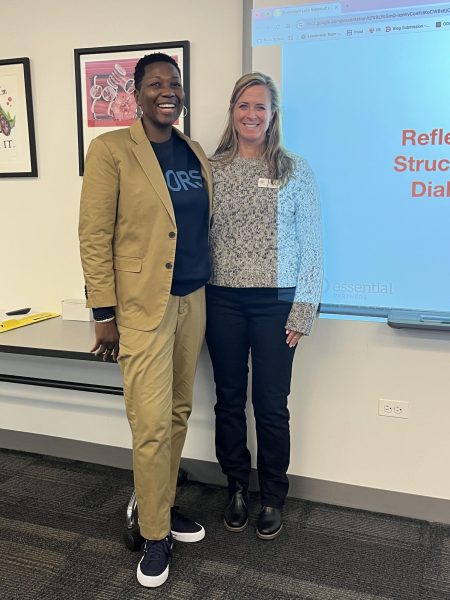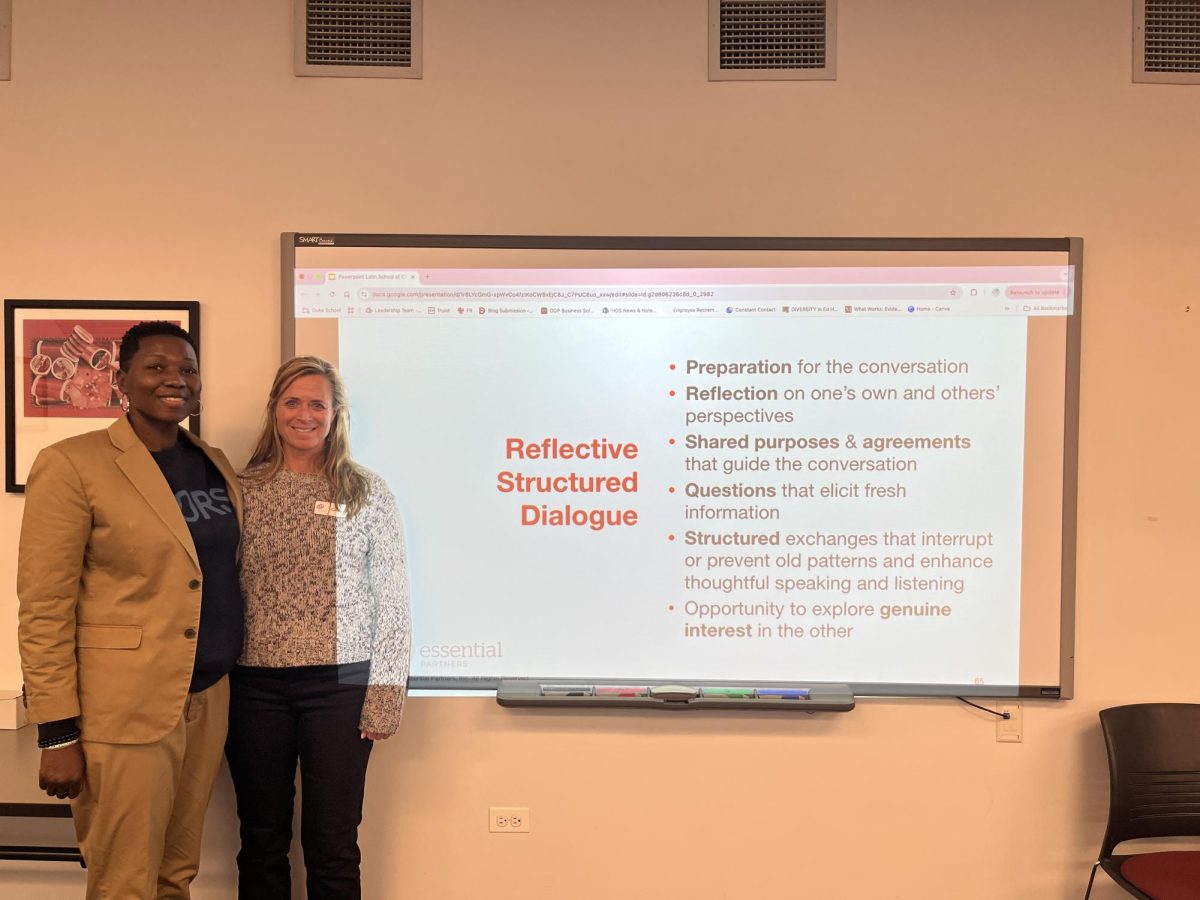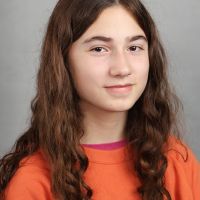Latin students had the opportunity to apply for a new discussion group known as the Difficult Dialogues Council this past January. Striving to facilitate discussions around controversies and major political issues, the council will seek to create new safe spaces and valuable discussions within the Latin community.
The original Difficult Dialogues program began in 2021, when former Head of School Randall Dunn approached Upper School history teacher Matt June, requesting that he become a dialogues coordinator.
Following Mr. Dunn’s request, Dr. June’s role as a Difficult Dialogues Coordinator has included organizing topics students might want to discuss and laying out specific goals with council members to incorporate student-desired topics into future discussions. Well-executed and student-sensitive discussions will rely on seeking out various student perspectives and ensuring all conversations are held in a productive way.
“Having been in a lot of these conversations with other adults, when there's some event that we want to respond to, it's a bunch of adults trying to guess what students want and need, instead of just asking,” Dr. June said.
In order to hold these discussions with student interest in mind, Dr. June created goals for the council that were inspired largely by the variety of worldwide conflicts that took place as he planned the group, particularly the Gaza-Israel conflict.
Dr. June aims to have student-led discussions while ensuring effective conversations. We want to have these conversations, but we want to make sure they are productive,” Dr. June said. “We wanted to really try to build the tool-set, not just for being in a room with an adult and having an organized conversation, but [for when] there's no adults around, and you want to engage with your peers.”
Another key facet of the council is its faculty’s commitment to dissuading members from following the long-standing idea of having to “win” an argument. “Dialogue is just about learning from each other,” Dr. June said. “It's not necessarily even about overcoming those differences.”
Many students were excited about the new opportunity to participate in open conversations with their peers. Those who voiced interest were required to fill out a detailed application.
“I am truly impressed with the large number of students who expressed interest in being a part of the council,” Director of Diversity, Equity, and Inclusion Kasey Taylor said. “It reflects the shared commitment our students have to promoting healthy and productive dialogue within our community.”
The applications were due by January 24, after which applicants were notified of their acceptance.
Ms. Taylor added, “This is the beginning of something very impactful for Latin, [a beginning] that will shape our students’ engagement beyond our community as well."
Some students see the new Difficult Dialogues Council as a necessary step to making the school more inclusive, respectful, and discussion-oriented.
Senior Carla McSweeney said, “Latin needs a space where any student can feel comfortable engaging in difficult conversations and have the opportunity to hear other perspectives and ideas.”
When he started as Difficult Dialogues Coordinator, Dr. June studied Latin’s dialogue-based resources, such as affinity groups, to get inspiration from other community-oriented Latin spaces. “My first year was really just trying to figure out what the school was already doing,” Dr. June said.
More recently, Dr. June began to look outside of Latin, enlisting the help of Essential Partners’ experienced discussion professionals. Essential Partners has existed for over 30 years, establishing itself in the late ‘80s after a rise in conflict in the Boston area surrounding abortion. The nonprofit organization now collaborates with schools and companies across the country.

The faculty of the Difficult Dialogues Council have implemented a two-day Essential Partners training course to teach the council’s students how to have rational and understanding conversations. Selected students missed two days of class on February 3 and 4 to participate in the training.
Dr. June, who already participated in the training, said, “I really enjoyed it. Hopefully, the students will, too.”
In a world where arguments and unproductive discussions are often at the forefront of much of the media, community members feel that the council serves not only as a way to gain discussion skills but also as a safe space to simply get away from the hostile nature of many difficult conversations.
Carla said, “I think the community as a whole will benefit if students can grow their ideas and form educated opinions on topics they are passionate about, and the new Difficult Dialogues Council will hopefully help to create an environment that fosters productive conversations.”





















































